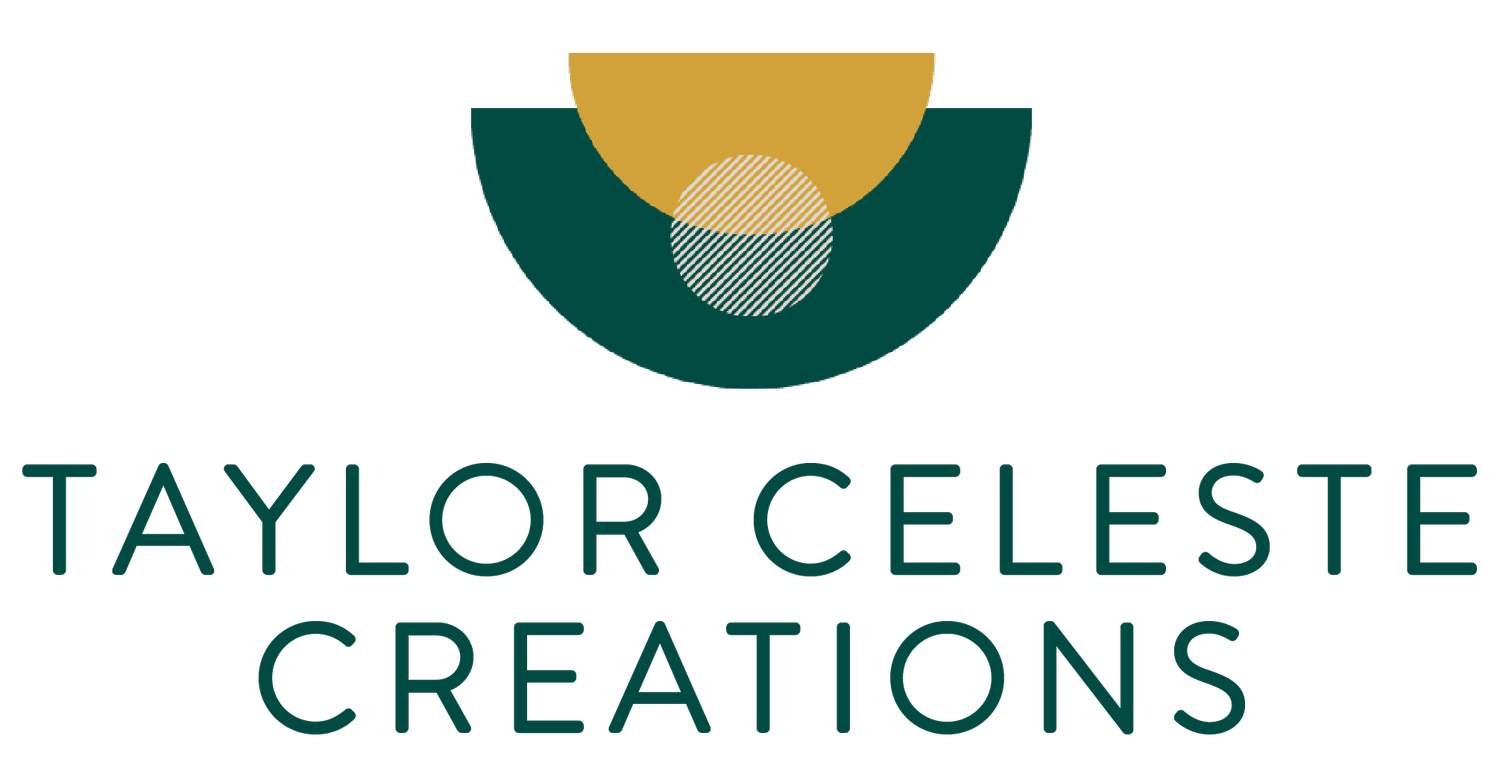5 Tips for Writing Websites for Therapists
As a therapist, establishing a strong online presence is crucial for attracting potential clients. A well-designed website can serve as a powerful tool to connect with users. The copy on your website plays a pivotal role in conveying your expertise, fostering trust, and engaging visitors. In other words, you need great copy to make a standout first impression with potential clients.
Maybe you’re here because you want to rework your copy or you might be getting your therapy website up and running and need direction. Either way, when it comes to writing captivating copy that connects you to clients, I’m not a gatekeeper. So let’s explore five essential tips for writing compelling copy.
Know Your Audience
When writing copy that connects you to clients, it’s essential to understand your target audience—the individuals you want to reach and serve. Take the time to define your ideal client profile.
Are you primarily working with adults, teenagers, kids, couples, or families?
What conditions or issues do you specialize in treating?
Consider their demographics, challenges, and aspirations.
By understanding their needs and motivations, you can tailor your language, tone, and content to resonate with them. Empathize with their struggles and directly address their concerns. (Use those therapist empathy skills you strengthen day after day.) This approach will help foster an emotional connection. It’ll also communicate that you understand, helping readers feel more comfortable reaching out for support.
Use Clear and Concise Language
Effective website copy strikes a balance between professionalism and approachability. Avoid using jargon or overly technical language that may confuse your readers. Remember that most people seeking therapy may not have a background in psychology. Instead, use clear, concise, and conversational language to explain your services, approach, and the benefits of therapy.
Write as if you are having a conversation with a potential client. Help them understand how you can support them in their journey toward healing and personal growth. Break down complex ideas into simple, accessible information. Use bullet points, subheadings, and concise paragraphs to make your copy scannable and easy to navigate. Visitors to your website are often seeking help, so make your copy comforting, reassuring, and easy to understand.
Address Common Concerns
When writing copy for your therapy website, keep in mind that potential clients are seeking solutions to their problems. Emphasize the benefits they can gain from working with you. Highlight how your services can positively impact their lives. This might look like reducing anxiety, improving relationships, or fostering personal growth. Many in your audience may have the same questions or concerns when looking for a new therapist, so address them directly. You can speak to emotions surrounding starting therapy, confidentiality, or the process of therapy itself.
One option is to explain how therapy works. Outline what to expect during sessions, treatment duration, and your approach. Use relatable language to demystify therapy and promote a sense of ease. Another option is to incorporate a Frequently Asked Questions (FAQ) section. This can address additional topics, such as fees, cancellation policy, and any other questions you think potential clients may have.
Optimize for Search Engines
To ensure you reach your intended audience, it’s essential to optimize your website copy for search engines. Meaning people find you in their Google searches. Research relevant keywords that your target audience is likely to use when searching for therapy services. Incorporate these keywords naturally into your page, including your headlines, subheadings, meta descriptions, and alt text for images. (New to SEO? Find out how a mental health copywriter can help.)
In addition to keywords, focus on writing high-quality content that provides value to your visitors. Publish informative blog posts or resources that address common questions or concerns your audience may have. By consistently creating valuable content, you can establish yourself as an authority in your field and increase your website’s visibility in search engine results.
Incorporate Calls to Action
Don’t leave your website visitors wondering what to do. Effective calls to action (CTAs) prompt readers to take the next step. This might be scheduling a consultation, subscribing to your newsletter, or contacting you for more information. Make your CTAs visually distinct and placed in strategic areas where readers are likely to engage with them, such as the end of your page.
Writing great copy requires a thoughtful approach. By implementing these five tips, you can create compelling content that resonates with users and invites them to take action. Remember, your website is often the first impression someone will have of your practice. Invest the time and effort to ensure your copy reflects your professionalism and empathy. Use your site to connect with those in need of your therapeutic services.
Looking for Copywriting Support?
If you’re busy running your business, writing isn’t your thing, or the thought of creating website copy makes you sweat, not to worry. I’m here to help! I handle website copy, blog posts, opt-in materials, SEO audits, and more! Therapists, group practices, and treatment centers across the U.S. trust me with with strengthening their online presence.
Let’s give your potential clients a great first impression that conveys the voice and vision of your practice. Reach out today for a free consultation.

